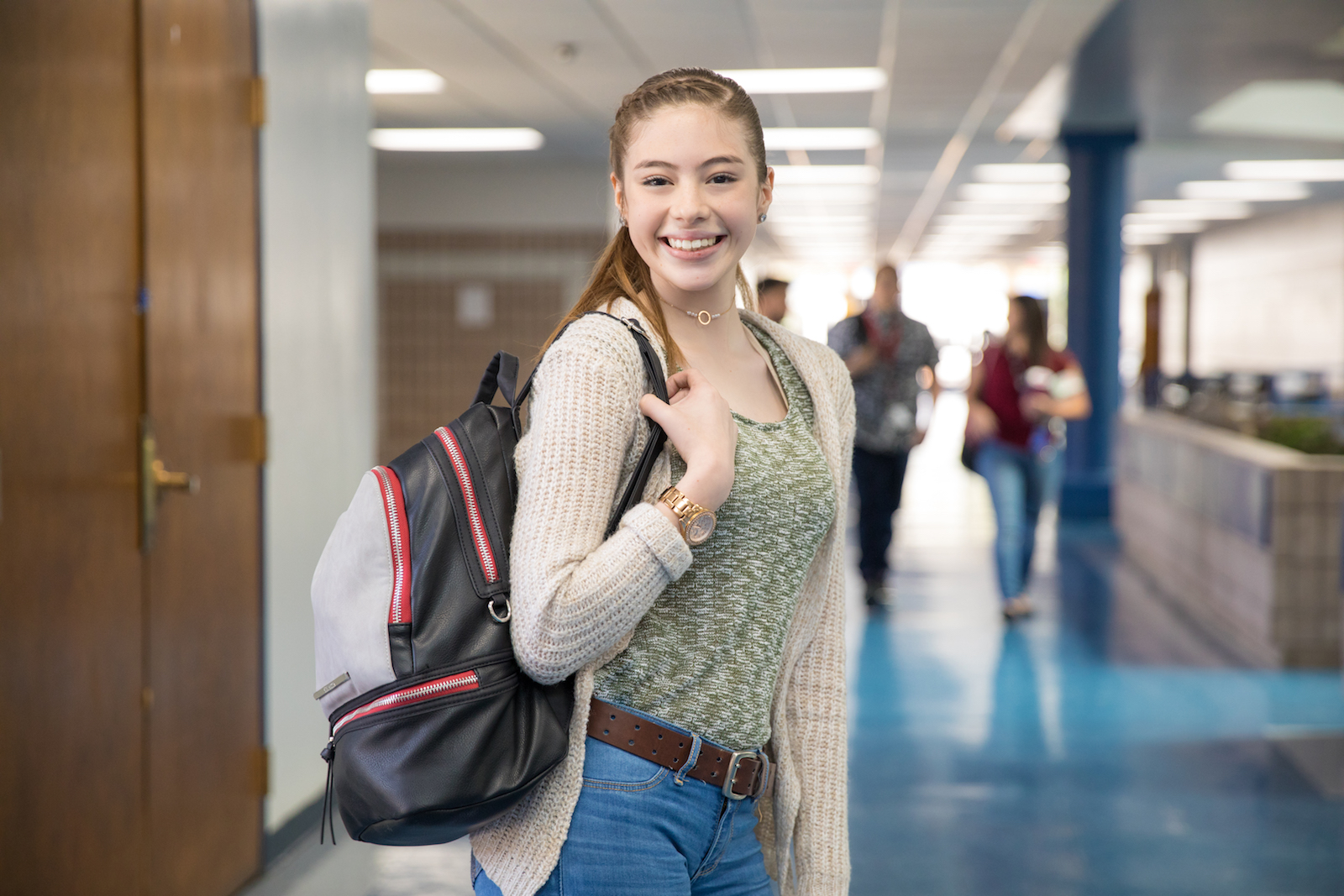College and Career Readiness

The state of Texas holds high schools and districts accountable for ensuring all graduates have demonstrated they are college and/or career ready. Students have the opportunity to demonstrate college and career readiness in many ways throughout high school. The goal of college and career readiness accountability is to have all students graduate with the foundational skills needed to be ready for college or work after high school
Career Discovery
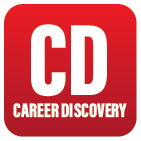
Students engage in activities to begin the path toward college and career readiness at a young age. Activities include exploring personal interests, attending presentations provided by special guests, viewing career videos, door-decorating to showcase colleges and careers, and promoting college through special dress-up days. Students receive an annual lesson to provide exposure to career choices and an awareness that their dreams can become goals for the future. Connections to college and career are integrated throughout classroom lessons as they pertain to curriculum standards.
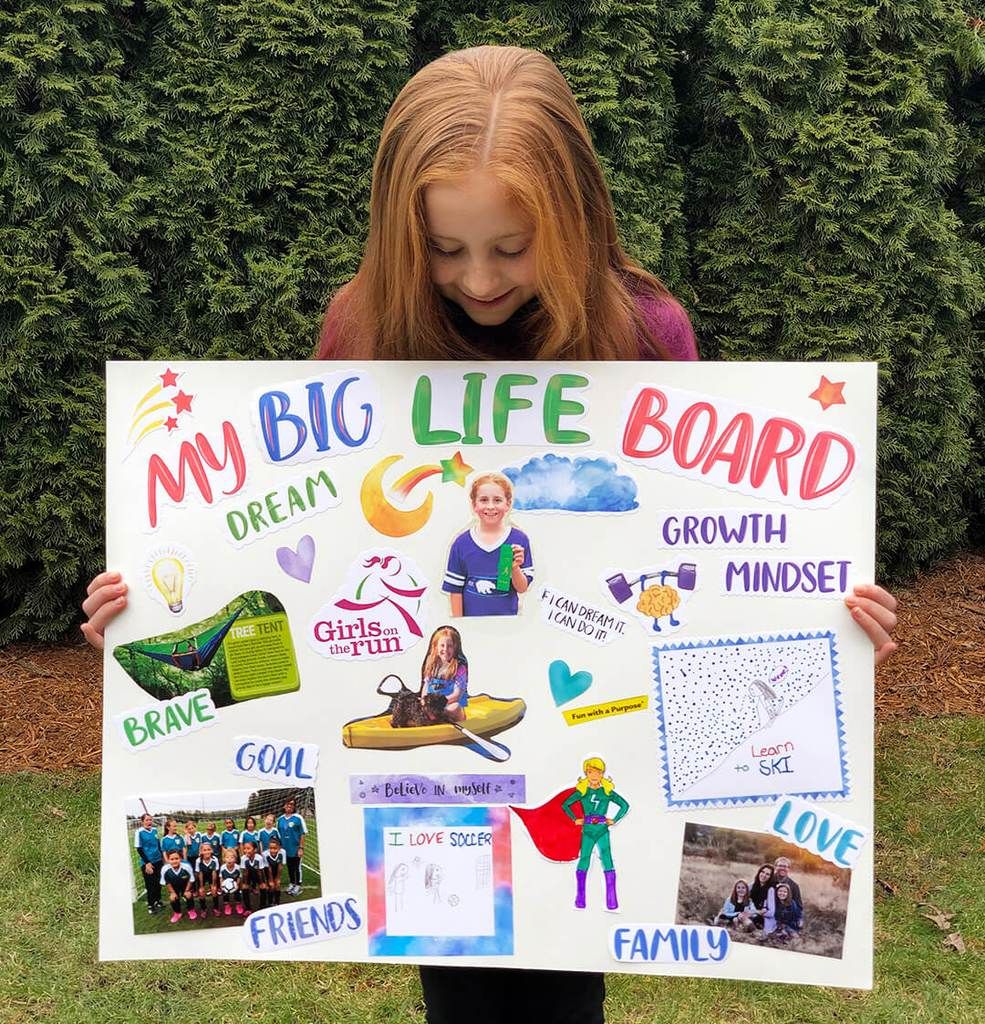
Career Week
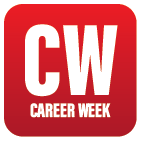
Guest speakers and presenters give a day-in-the-life glimpse of certain professions, connecting it to what students learn in class, personality traits, and skills/abilities. Community members and Partners In Education speakers offer students a day-in-the-life glimpse of their careers/occupations. Presenters share their educational backgrounds, tools used in their occupations, and share how lessons learned in the classroom, as well as productive personality traits, can result in successful careers. Community members and Partners In Education also serve as guest readers and participate in numerous campus activities that include Day as a Principal.
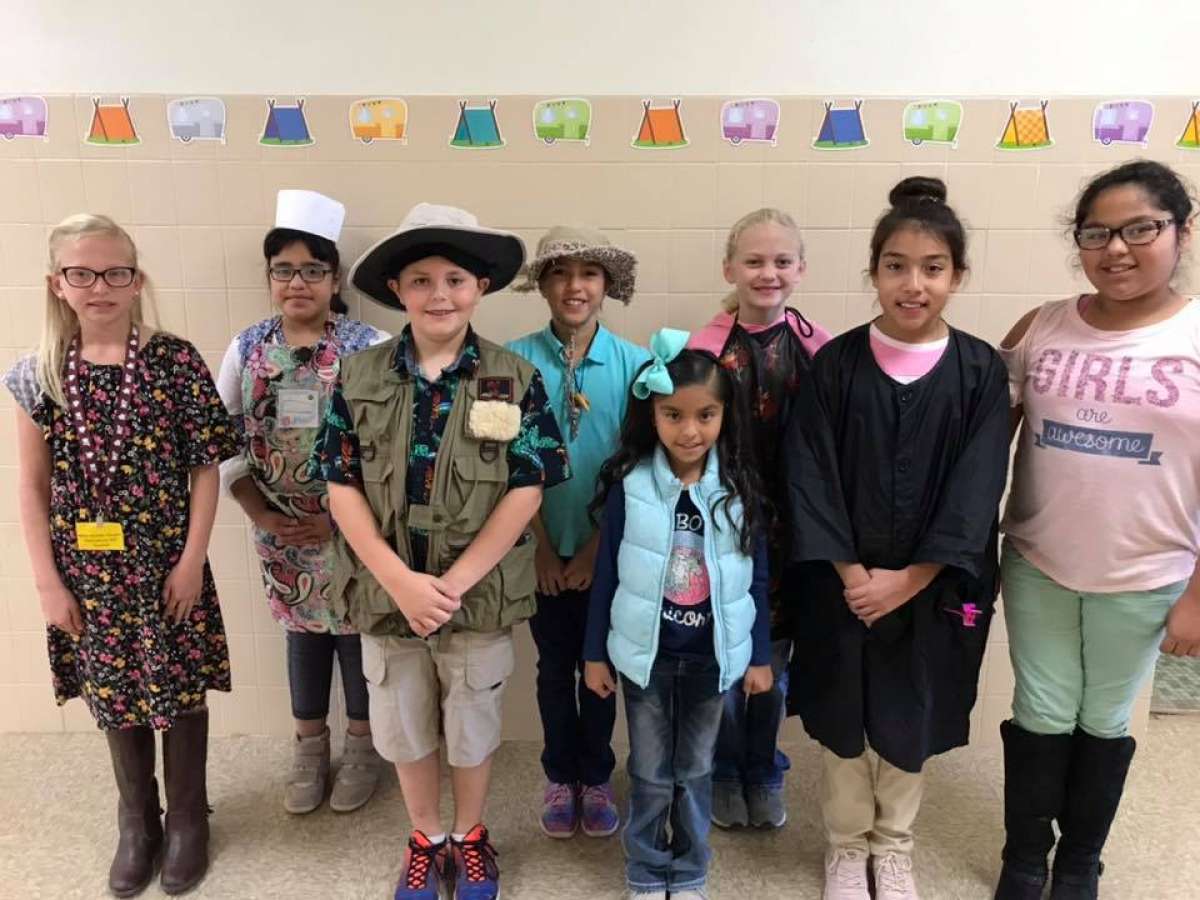
S.T.E.M. Expo

Students showcase their interest in STEM and its benefits, and how it helps them acquire important skills like critical thinking, creativity, communication, and collaboration. STEM Expo is a celebration of elementary students and their knowledge of Science, Technology, Engineering, and Math. It allows students to share what they care deeply about, and show the community how STEM skills can have a positive impact on the future. It also helps them prepare for college and career readiness and boosts 21st-century skills, including critical thinking, creativity, communication, and collaboration. Engineering projects focus on design and resolving problems. Typically, students and teams identify a problem that may be solved by either creating a product or finding a new way to do things. The YISD STEM Expo also consists of a campus and district component, with teams presenting finished projects, prototypes, and engineering notebooks to an audience.
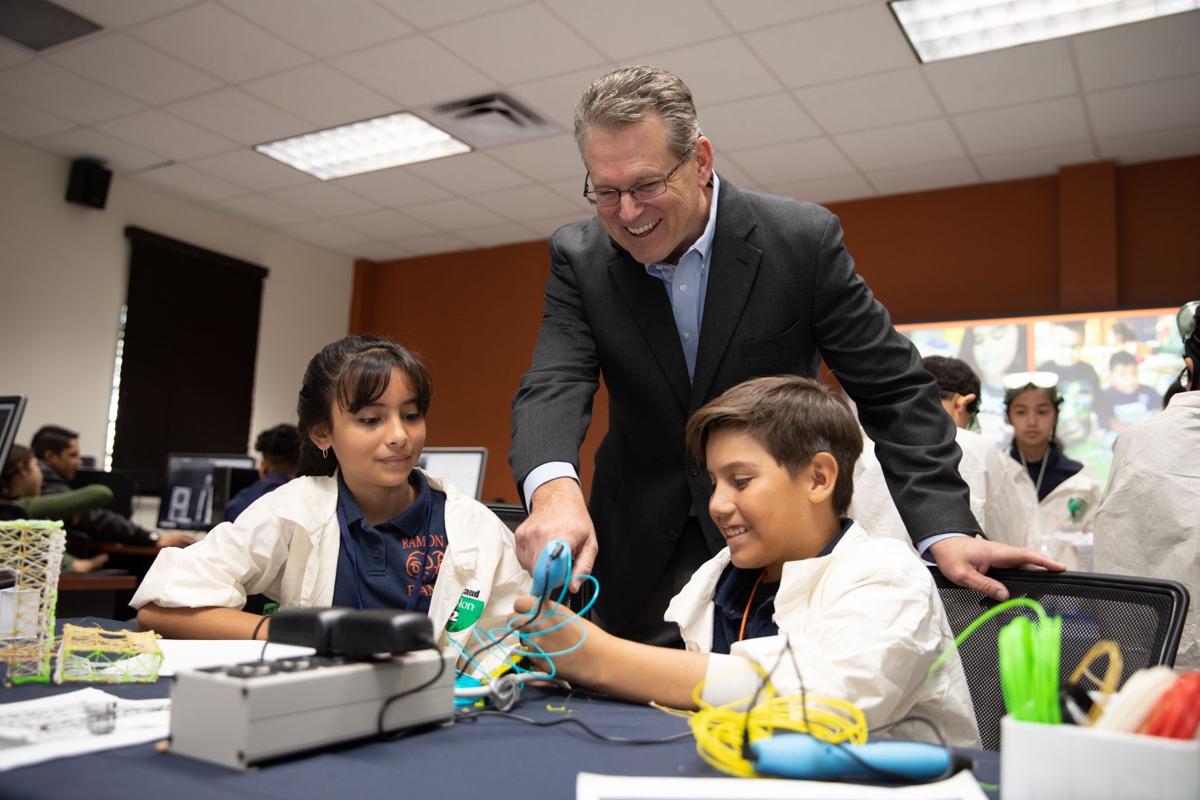
Educational Field Trips

Students take trips to participate in hands-on activities, which connect class lessons to the real world while teaching them skills like respect and self-discipline. Students participate in hands-on activities through engaging on field trips to extend their critical-thinking skills and make connections to content learned in the classroom. Field trips allow students to practice critical lifelong skills, including self-discipline, self-control, respect, personal safety, the ability to manage transitions, effective collaboration, and communication skills. They also provide an extension to grade-level standards and help students connect to the real world.
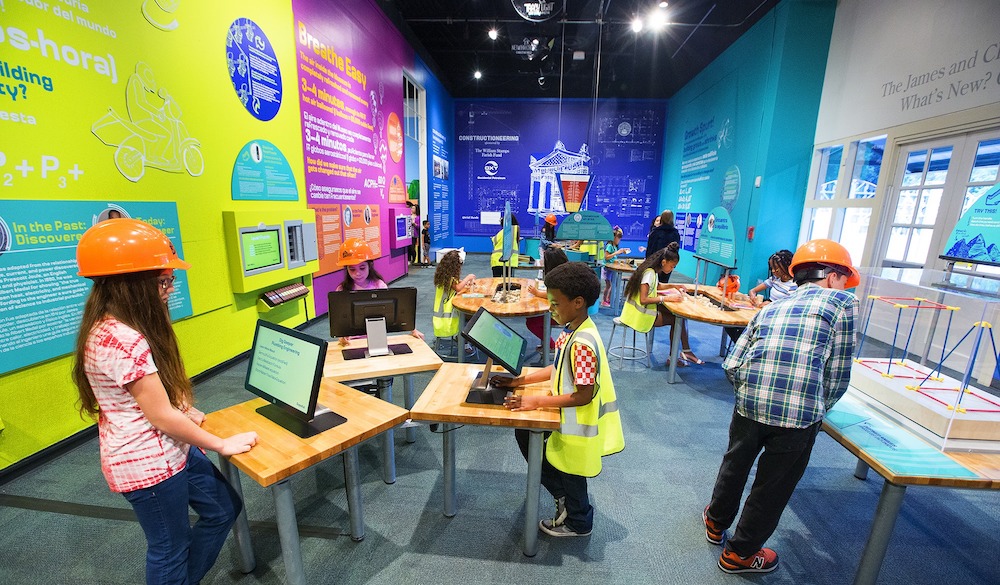
Coding and Applications
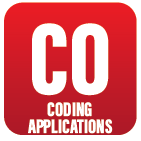
Students gain valuable experience with algorithmic thinking, creativity, and computer language, as well as sequencing, written language, cause-and-effect, counting, left-to-right reading, and problem-solving.
Robotics in PRE-K
Ysleta ISD provides opportunities for students to learn coding, which benefits student growth in numerous ways. Students love it! As they learn to code, they practice elements that support pre-readers and readers. They learn more about sequencing, written language, cause-and-effect, counting, planning left-to-right reading, and problem-solving. Coding also requires students to use algorithmic thinking and creativity and teaches the language of computers. Students become very focused and dive deeply into a higher level of thinking that is required for coding; these same elements enable students to succeed in school and after graduation. Coding examples include creating pathways for robots; virtually designing tools; and programming robots to complete specific challenges.
Robotics

Students learn to design, construct, program, and operate robots to perform tasks. This helps them learn about research, problem-solving and communicating ideas through engaging platforms. Robotics is the intersection of Science, Technology, Engineering, and Math that allows students to design, construct, program, and operate robots to perform tasks. Students in grades 3-5 have the opportunity to compete in robotics tournaments among their peers. Robotics classes are offered as an elective for students in grades 6-8. Project Lead The Way gateway courses provide opportunities for students to investigate problems and identify solutions through the process of problem-solving or design. Students are introduced to problems and asked to make connections, then learn and use methods for communicating design ideas through sketches, solid models, and mathematical, and computerized models. Working in teams, they are called to identify design requirements, and research topics, and engage stakeholders. They also host, participate and compete in tournaments that may lead to regional, state, and world competitions.
Texas Performance Standards
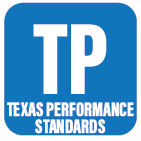
These statewide performance standards, curricula, and assessments are designed to differentiate instruction and deepen academic learning. Texas Performance Standards are performance standards, curricula, and assessments for differentiating instruction and deepening academic learning. These standards are aligned with the Texas Essential Knowledge Skills (TEKS) and used to enhance Gifted and Talented (GT) programs. For more information on the standards, visit the GT website.
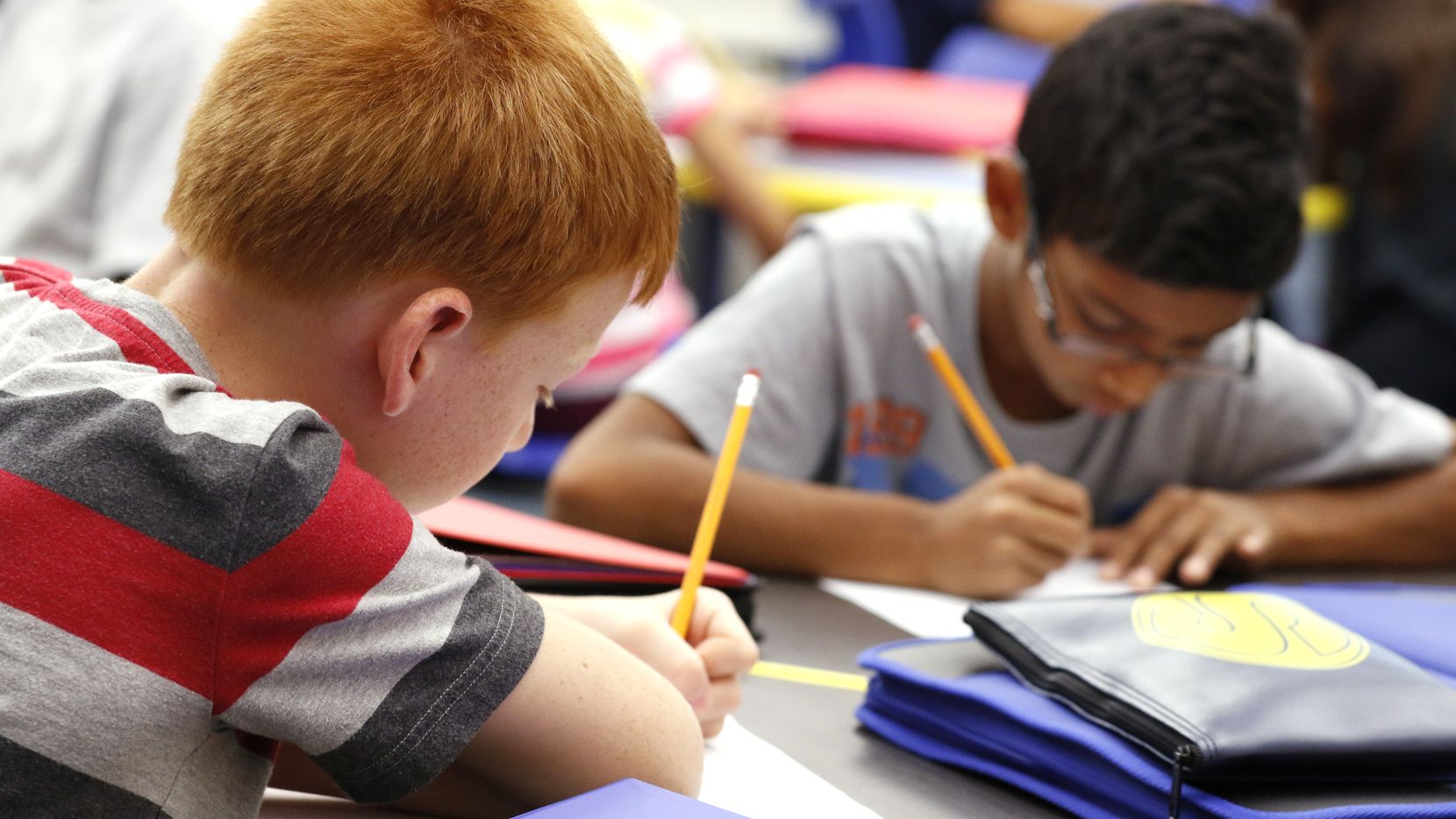
Academic Events
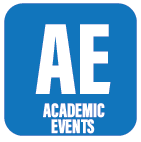
Students learn the process of preparing, participating, and competing with peers at academic competitions in categories like chess, writing, acting, prose/poetry, and others. Academic events provide students in grades 3-8 the opportunity to participate and compete in academic contests that include calculator applications, chess, number sense, ready writing, duet acting, poetry, and prose, to name a few. Students will experience the process of preparing, participating, and competing amongst their peers. Certain academic events such as Science Fair, TeamQuest, and Destination Imagination may afford students the opportunity to advance to regional and state competitions. For a complete list of events and dates, visit our Fine Arts and Events website.
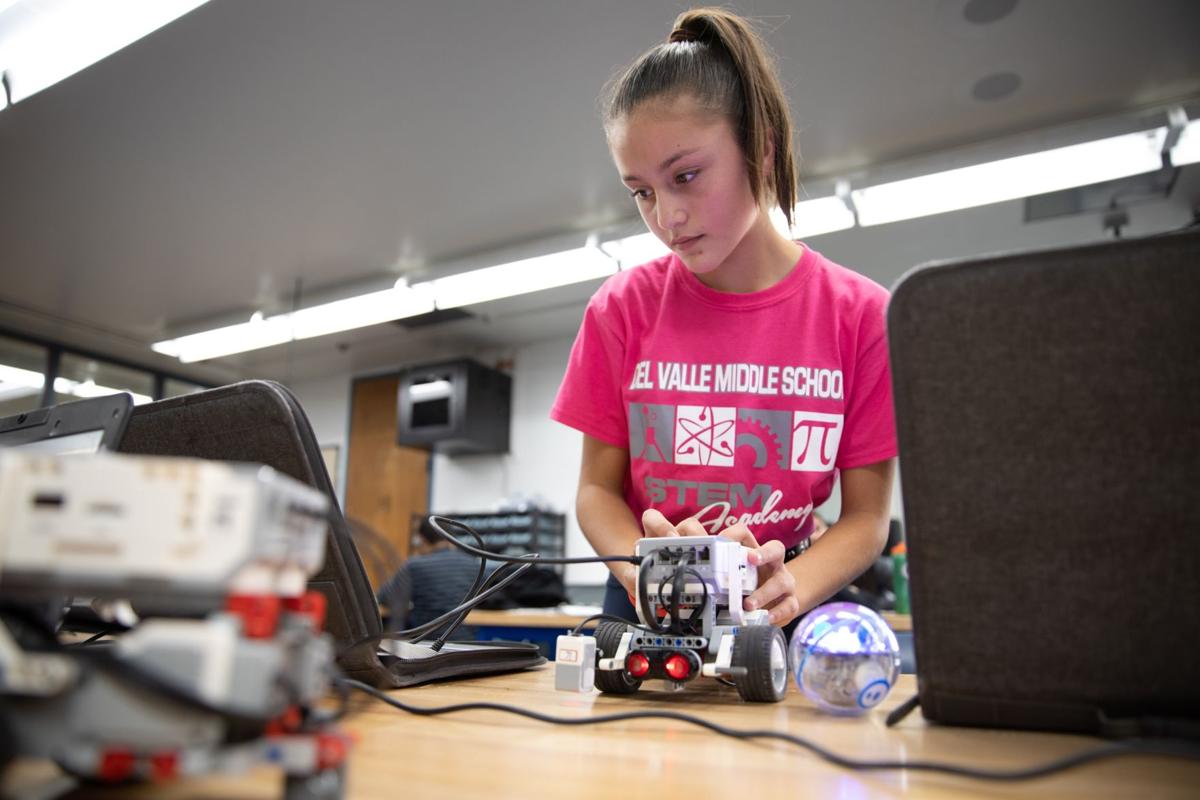
College & Career Readiness
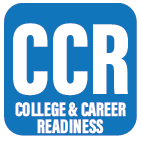
Offered to eighth-graders, this half-semester course allows students to use decision-making and problem-solving skills for college and career planning while learning more about their interests/abilities. The College Career Readiness Class is a half-semester course offered in eighth grade that allows students to use decision-making and problem-solving skills for college and career planning. Students will explore valid and reliable educational and career information to learn more about themselves, their interests, and their abilities. Students integrate skills from academic subjects, information technology, and interpersonal communication to make informed decisions. This course is designed to guide students through the process of investigation and in the development of a college and career readiness achievement plan. Students will use interesting inventory software and other tools to explore college and career areas of personal interest, then explore educational requirements for various colleges and a variety of chosen career paths.
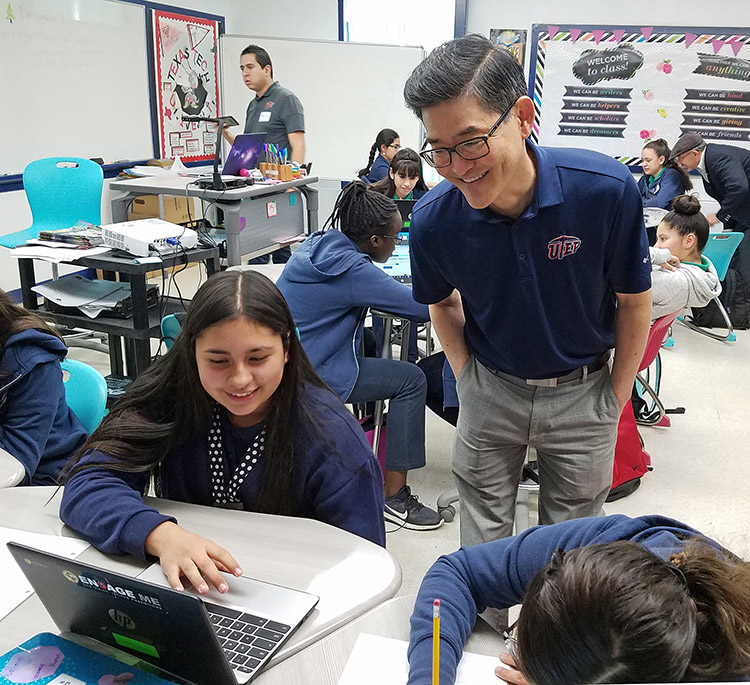
Advanced Classes
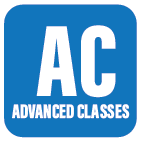
Students receive advanced instruction in math and/or reading/language arts, which allows them to earn Algebra I high-school credit or prepare for rigorous Advanced Placement classes. Advanced classes are offered to students in grades 6-8 in the areas of Math and Reading Language Arts. An accelerated instructional model gives students the opportunity to earn high-school credit in Algebra I in the eighth grade. Students are exposed to and develop an understanding of the rigorous expectations of a high-school Advanced Placement class. Advanced Math and Advanced Reading Language Arts courses begin in sixth grade; students are identified for these classes through a district-created rubric and teacher recommendations. Students on the Advanced Math course follow an accelerated curriculum that embeds grade-level and above-grade-level TEKS. Students and parents receive a contract outlining expectations for the class.
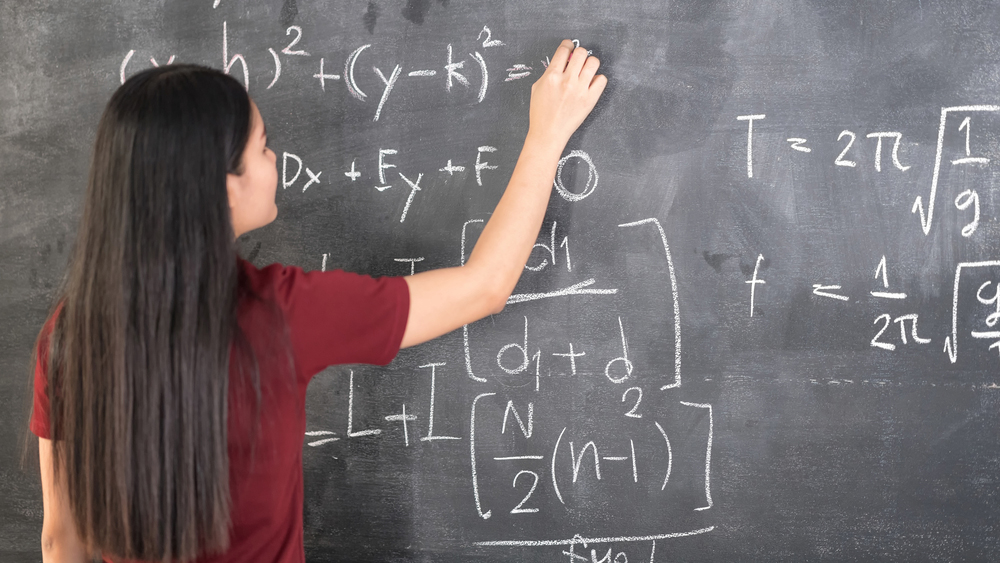
College Credit
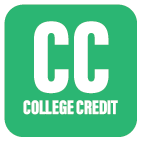
Students have the opportunity to earn high school and college credits through Dual Credit, Advanced Placement, and OnRamps programs. In addition to dual-credit courses at high schools and Early College High Schools, Ysleta also offers dual-enrollment OnRamps classes through the University of Texas at Austin. Students may choose to take any and all college credit pathways provided by their campus. Transferability of college credit earned in high school will vary from college to college.
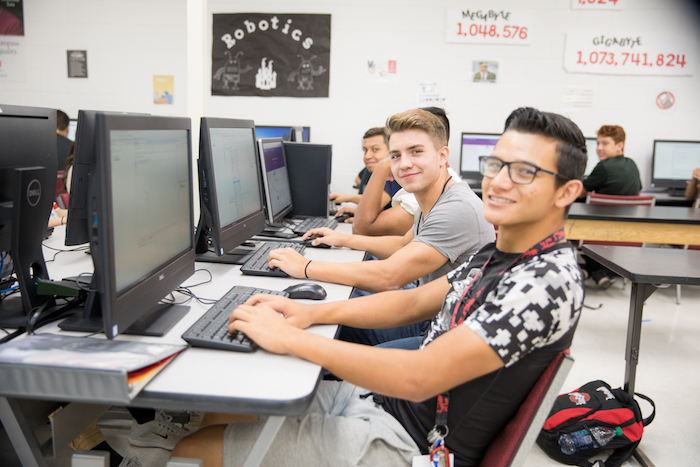
Early College High School
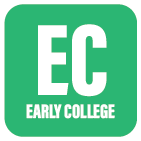
Students have the opportunity to earn a two-year college degree while completing their high-school studies at four sites: Hanks, Parkland, Ysleta, or Valle Verde. YISD has four early colleges (Hanks, Parkland, Ysleta, Valle Verde) that allow students to choose a program of study and possibly graduate high school with an associate’s degree.
Students who attend Early College High Schools have the opportunity to graduate with a high-school diploma and a two-year college degree in a variety of arts or science programs of study. They are able to take dual-credit courses that consist of face-to-face classes on their high-school campus, online courses taught by El Paso Community College (EPCC) professors, and courses taken at EPCC campuses. Our Early College High Schools at Parkland, Ysleta, and Hanks high schools are based on a school-within-a-school model, allowing students to earn an associate’s degree from EPCC while still being able to participate in extracurricular activities available to all other high-school students at that campus. In addition, students who complete their associate’s degree from EPCC prior to their high-school graduation can receive a Greater Texas Foundation (GTF) Accelerated Scholarship to continue their studies toward a bachelor’s degree at UTEP.
Career & Technical Education
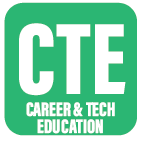
Students receive hands-on experience through career and technology programs at high schools that may also result in industry certifications for in-demand professions. YISD offers career and technology programs that allow students to get hands-on experience in a career as well as prepare them to possibly earn an industry certificate.
Career and Technical Education (CTE) provides the technical knowledge and skills needed to prepare students to earn industry-based certifications in current or emerging professions. Through initiatives that include Programs of Study, Dual Credit, T-STEM, and P-TECH, the CTE programs at Ysleta ISD are at the forefront of education, ensuring that more students transition to postsecondary education and/or careers and are prepared for success.
T-Stem Academies
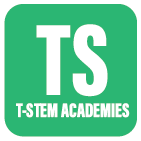
Designed to increase the number of students who enter STEM careers, students are engaged in and exposed to innovation and problem-solving in real-world contexts. Ysleta ISD offers Texas Science, Technology, Engineering, and Mathematics (T-STEM) academies at four sites – Bel Air, Del Valle, Parkland, and Ysleta high schools – to improve the academic performance of students in science- and math-related subjects. The goal is to increase the number of students choosing to enter STEM careers. T-STEM students graduate with a minimum of 15 college credit hours in math and/or science while being engaged and exposed to innovation and problem-solving in real-world contexts. All students register on a CTE STEM pathway upon entering high school, which guides them to STEM postsecondary fields of study or STEM-related employment opportunities.
P-Tech Academies
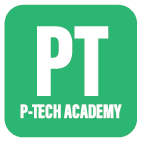
Offered at Riverside High School, the Pathways in Technology (P-Tech) Academy offers students the opportunity to earn a high school diploma, industry-based certification, college credits toward an associate’s degree, and real-world work experience in a growing field through local industries and business partners. There are three programs of study to choose from Architectural and Engineering; Diesel Technology; and Auto Technology.
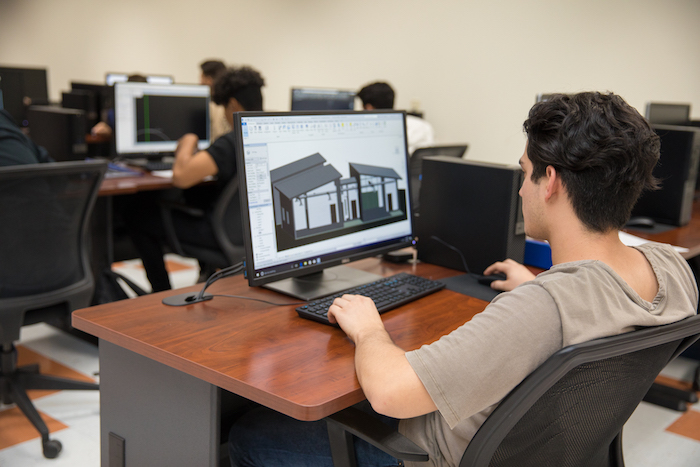
Go Centers

Designated centers at every YISD high school where students can go to research careers, college options, and financial aid opportunities for their post-graduation pathways. GO Centers are housed at each high school campus and staffed with specialists who provide outreach to students and parents in navigating postsecondary options. This includes college admissions, financial aid, and scholarships. Specialists also offer opportunities for students to engage with college and military representatives. We are there every step of the way! For more information on any of the areas listed below, please reach out to your campus Go Center Specialist at gocenters.yisd.net
Financial Aid:
Financial aid is money that helps pay for college or career schools through either grants and scholarships (funds that do not need to be paid back), work-study (funds that are earned while working at a college campus), and loans (funds that need to be repaid). Financial aid applications are available to both U.S. Citizens and non-citizens. Financial aid is NOT solely for low-income students – some colleges/universities require it for additional scholarship consideration. All seniors are required to apply for financial aid in order to graduate at Ysleta ISD, beginning with the Class of 2022. Visit the district’s Financial Aid website here for more information.
College Admissions:
Is your child ready to apply to college? There are two options available: the ApplyTexas application and the Common Application. If your child plans to attend a public Texas college/university, the ApplyTexas website is the most convenient option, as it allows students to easily copy their application to various other Texas schools. If your child plans to apply to out-of-state or private colleges/universities, Common Application is the best option. Find out more at the YISD College Admissions website here.
Scholarships:
Applying for scholarships includes submitting applications to various institutions that include the federal government, universities, and private businesses and organizations, among many others. Most importantly, your child needs to know scholarships are NOT just for the highest-achieving students! Many scholarships are not solely based on academic criteria and may be perfectly suited for your child. The goal is to get your child to APPLY! Find more information on scholarships at here.
Collegiate Academies
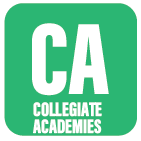
Collegiate Academies are offered at three campuses – Bel Air, Del Valle, Riverside high schools – and are designed to prepare students to earn college credits toward their desired field of study while providing career relevance and knowledge. Students earn college credits in specialized fields of study or the Texas Core Curriculum. The Bel Air Center for Health Professions allows students to earn college credits for a degree in multiple health science fields. The Del Valle Business Collegiate Academy provides students the opportunity to earn college credits toward a degree in a business major. The Riverside Dual Credit Academy allows students to earn up to 45 dual-credit hours that make up the Texas Core Curriculum college courses, which nearly all programs of study require.
